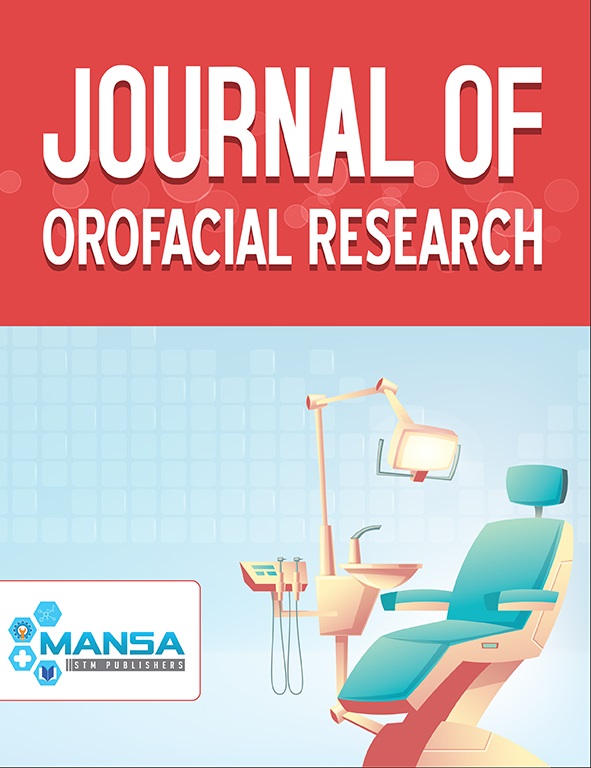Oral Health Promotion by Peer Group Model approach among Orphanages in Bhopal City, Central India
Keywords:
Education, Gingivitis, Oral health, Orphan, Peers, Plaque.Abstract
Aim: To assess the effectiveness of peer group model among orphanages for oral health education and promotion. Methodology: A study was carried out among orphans residing in Bhopal city in the age group of 11 to 17 years. The study was carried out in two phases. In the 1st phase, data regarding knowledge, attitude related to oral hygiene, and oral hygiene practices of the orphans were collected and certified gingival index and plaque index were examined. In phase 2, oral health education was given to all the caregivers and attenders and particular emphasis was given to oral hygiene procedure. Then after 3 months, the respective indices and knowledge attitude and practices were reviewed for orphanage children and preand postanalysis was done using statistical analysis. Results: Mean gingival score, which was 1.37 ± 0.41 at baseline, gradually reduced to 1.05 ± 0.43 at 3rd month. The mean plaque score, which was 1.28 ± 0.33 at baseline, also
gradually reduced to 1.04 ± 0.38 at 3rd-month examination. Conclusion: Peer group model is a significant method to enhance the behavior and it promotes a positive attitude toward the habits. There is a frequent need to monitor the oral health behavior of orphanage children and educating the peers to promote oral health among themselves.

